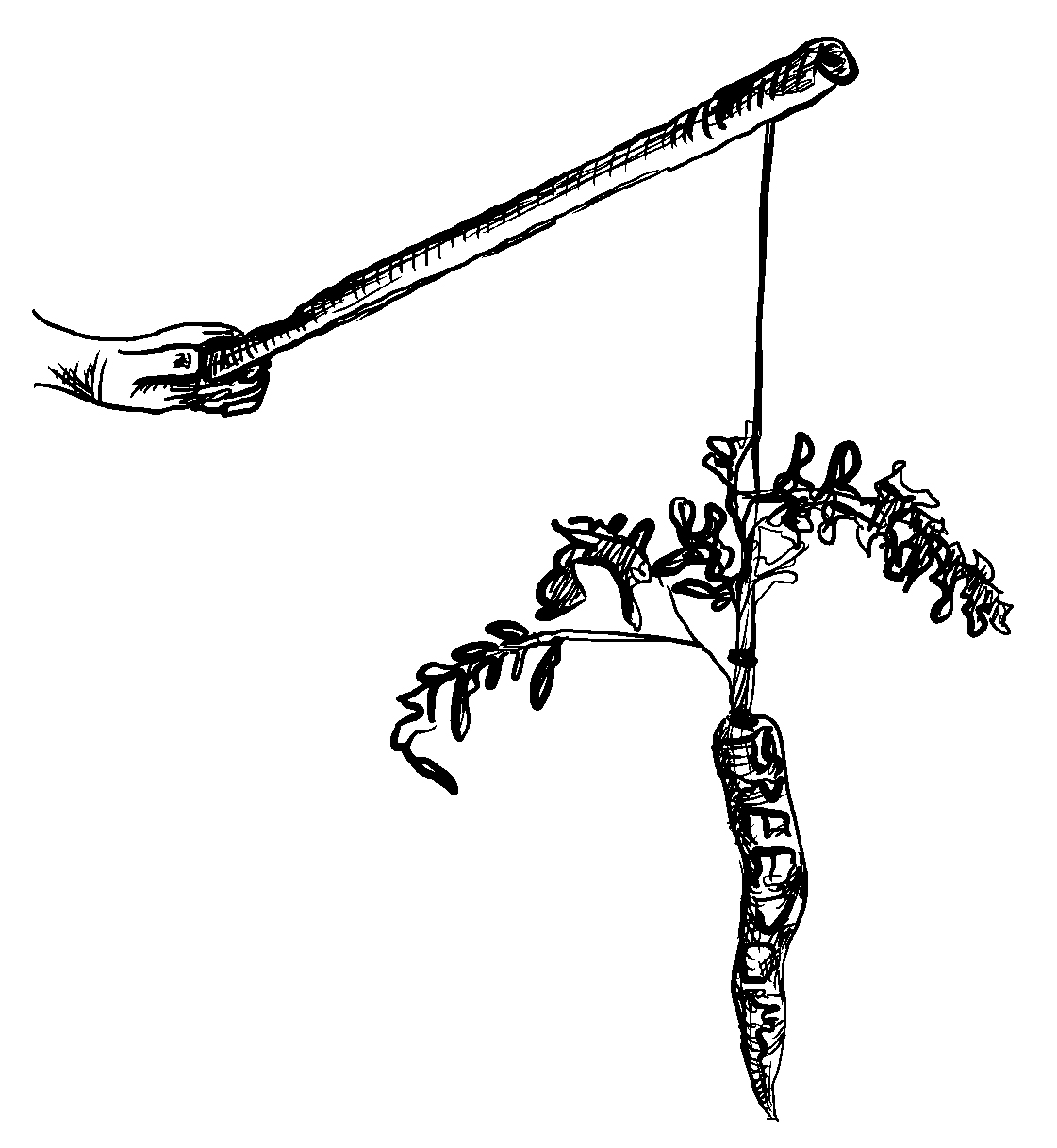OPINION: What do you do when the state decides to declare war on your people?
April 16, 2021
 This
piece represents the opinion of the author
.
This
piece represents the opinion of the author
.
 Dalia Tabachnik
Dalia TabachnikSo here we are again. Another Black person killed by an agent of the state. This time, the excuse was that the officer thought she had grabbed her taser, but instead, she not only took off the safety, but also fired her gun, shooting 20-year-old Daunte Wright in the chest and taking his life. When a death occurs, it doesn’t happen in a vacuum. These murders also devastate communities and bring to light just how connected we all are: George Floyd’s girlfriend was Wright’s teacher, and Floyd was killed in Minneapolis—a 17-minute drive from where Wright was killed in Brooklyn Center.
The nonstop assault on Black people’s right to life goes back to centuries of enslavement, forced labor and dehumanization. Even after emancipation, Black people were threatened with imprisonment if they didn’t find employment under swiftly-passed vagrancy laws. The 13th Amendment says that slavery is illegal except when punishing a crime. Thus, “freedom” never became a reality, but rather a carrot on a stick that we have yet to see. Today, the fact that there may be a few Black people who have been able to “make it” doesn’t erase the reality that we will never be truly free under the systems that we have now.
Joe Biden stated on April 12th, the day after Wright’s murder, that although he “know[s] that the anger, pain and trauma that exists in Black community in that environment is real, [it] does not justify violence.” But just how long do you expect state-sanctioned violence to be met with our pleas for the defunding and abolition of policing as we know it? When do we stop begging the state and its actors to stop killing us? How many more must die before we finally admit that the way this country does things is the problem, and the intention to eradicate Black people is real?
Because the state isn’t going to care if I have a degree from an elite liberal arts institution; my undeniable Blackness is the first thing anyone can see when they look at me. Money and status won’t protect me from anti-Black policies; Black CEOs felt the need to sign a letter to fight against the attack on voting rights, and even a Black Bowdoin professor was recently asked while walking with her child why she was on campus. I don’t have the pleasure of being able to remain optimistic about the future of this nation, I don’t have the privilege of debating whether or not Black people deserve reparations for something “I never experienced” and I can’t afford the audacity to believe that there was only one president who acted in the name of furthering white supremacy (news flash: all of them did).
It has been said before by many, but white supremacy and anti-Blackness has been perfected to the point that white people don’t even need to be present for that violence to be enacted anymore. People of every background have learned to push for and maintain the second-class status of Black people globally (look at how Africa is constantly being stripped of its resources and how darker skinned people all over the world are seen as inferior). This idea is not new, however; Black people were promoted to overseers or drivers on plantations and rewarded for leaking information and policing the actions of the rest of the enslaved people. It doesn’t matter if the racism is as violent and unsettling as a public lynching spectated by a crowd of poor white farmers or as “simple” and annoying as being called by the name of a different Black person.
So what now? What happens after I graduate into a world that has exhausted me in such a short time? Even though I call for abolition and the end of this state as we know it, I can’t know for sure what happens when we get rid of capitalism. Even without an official police force, white people and those acting in the name of white supremacy will take it upon themselves to decide where Black people are allowed to be. I truly don’t believe we will see the end of anti-Blackness in our lifetimes because it is so ingrained in every living being’s psyche that it would be impossible to root it out without completely starting from scratch. This last year, I have learned so much and come to terms with the fact that the death of Black people keeps those in power wealthy, and with wealth comes a sense of invincibility. Because at the end of the day, the military and the police don’t work for us. They don’t serve or protect us. They make sure we either stay in our place, or suffer the consequences for daring to believe we are anything more than slaves.

Comments
Before submitting a comment, please review our comment policy. Some key points from the policy: